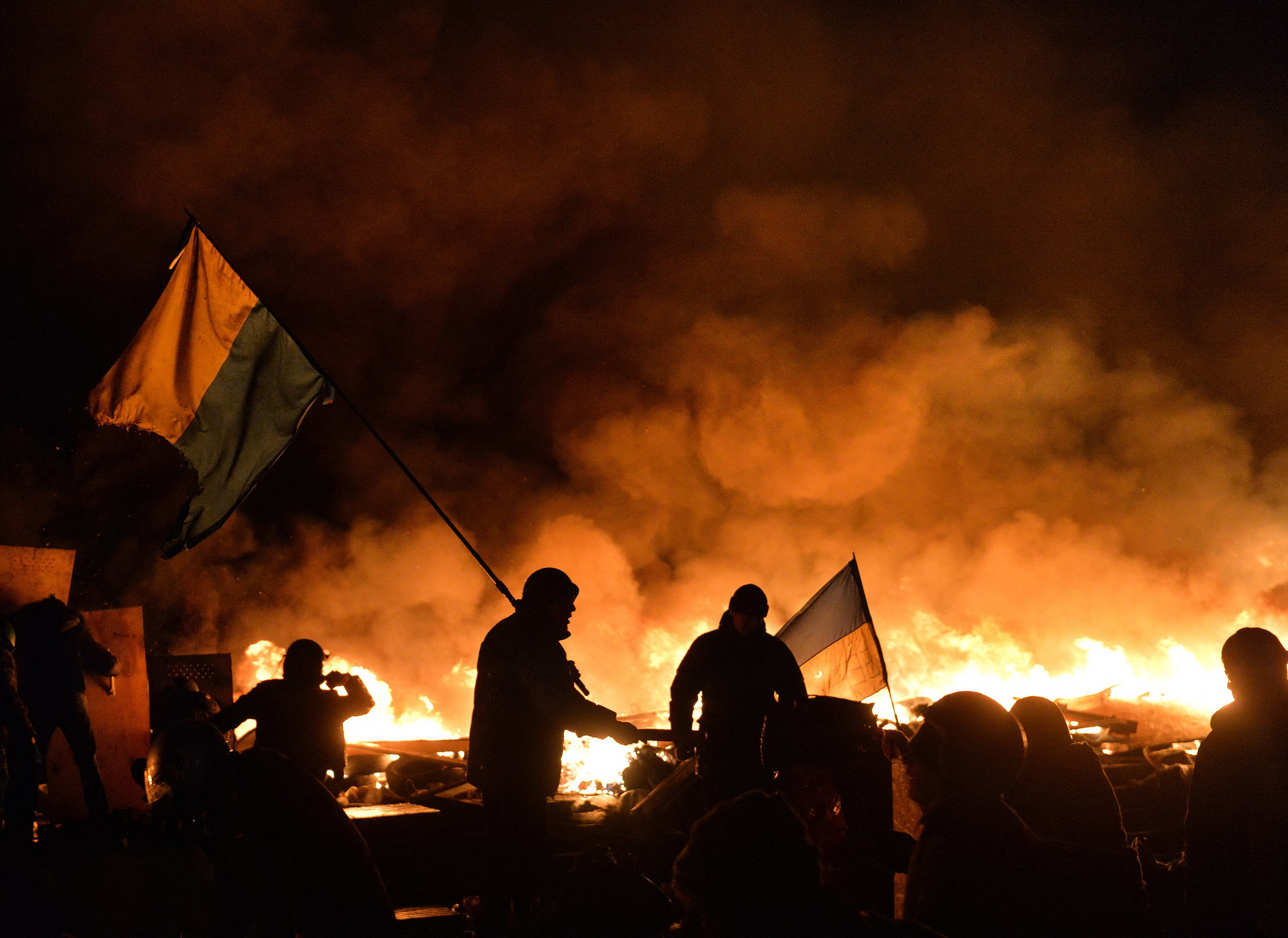Ukraine charges Russia's FSB chief, top officials with guiding EuroMaidan violence

Ukraine's State Bureau of Investigation reported on May 18 that it had charged Alexander Bortnikov, the head of Russia's Federal Security Service (FSB), and another 20 top officials of Russian special services with curating and aiding the illegal obstruction of protests during Ukraine's EuroMaidan Revolution.
The revolution began in November 2013 when people gathered at Maidan Nezalezhnosti, Kyiv's central square, to protest pro-Kremlin President Viktor Yanukovych's refusal to sign the long-awaited Association Agreement with the European Union.
Law enforcement officers, namely Berkut riot police, used violence to suppress the protests, including lethal force. More than 100 people were killed during the revolution, which culminated in Yanukovych fleeing to Russia.
Ukraine's Prosecutor General's Office concluded earlier this year that murders and violence against the EuroMaidan Revolution's participants were carried out by Ukrainian law enforcement officers under the orders of Ukrainian authorities and Russia's guidance.
Russia's Bortnikov is accused of "organizing treason by the former leadership of the Security Service of Ukraine (SBU), inciting national enmity and hatred in Ukraine, and illegally obstructing protests in 2013-2014," according to the bureau.
Bortnikov allegedly developed a plan to suppress the EuroMaidan protests to preserve Yanukovych's regime. "The ultimate goal was the further annexation of part of Ukraine's territory under the pretext of an alleged 'civil conflict'."
The EuroMaidan revolution was followed by Russia's illegal annexation of Crimea and an invasion of the Donbas region by Russian-backed militants. Moscow's propaganda machine tried to portray the invasion as an internal conflict.
"One of the key tasks of the FSB was to prevent the European integration processes of Ukraine and NATO membership, as this threatened Russia's aggressive plans to restore the union state and absorb the former Soviet republics into its composition," reads the report.
Yanukovych's refusal to sign the Association Agreement with EU was "planned in advance by Russia," the bureau said, therefore measures to prevent protests and scenarios for their violent dispersal were also purportedly developed beforehand.
Russian high-ranking security officials visited Ukraine before the demonstrations emerged to instruct Ukrainian law enforcement "to disperse potential protests with maximum brutality and use excessive force to intimidate other activists," according to the bureau.
Bortnikov reportedly tasked the then SBU head, who had Russian citizenship, to assist FSB employees "in their illegal subversive activities."















